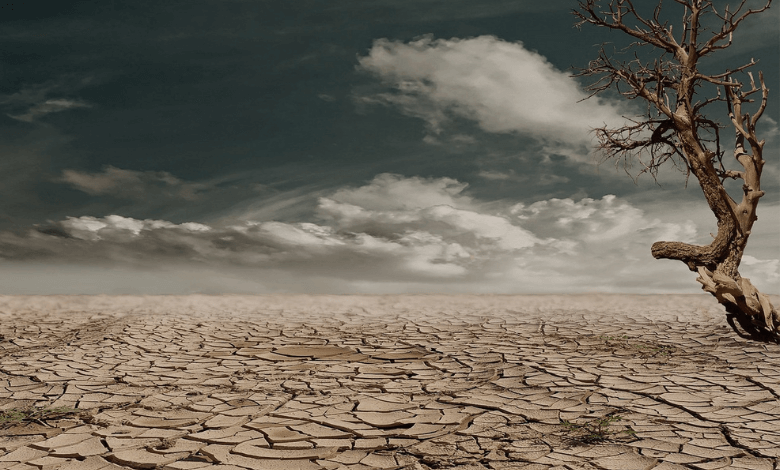Earth Can Become One Hot, Dry, Uninhabitable Supercontinent

Global warming and intensifying summer heatwaves will make our planet Earth uninhabitable. The combination of heat and carbon dioxide could transform the continents, converge it to form one hot, dry and uninhabitable supercontinent.
Researchers say conditions rendering the Earth naturally inhospitable to animals may develop sooner due to long-term processes linked to plate tectonics.
A report “Climate extremes likely to drive land mammal extinction during next supercontinent assembly”, published in Nature journal, predicts all continents will converge to form Earth’s supercontinent Pangea Ultima in 250 Myr. This will be driven by extreme levels of CO2 due to volcanic rifting and outgassing.
Global Warming Will Raise Earth Temperatures Above Limits
Scientists believe current global warming will raise temperatures above terrestrial mammalian physiological limits. Some physiological thermal thresholds will be seen in small, coastal regions of Australia, Africa, Europe and South Asia.
Dr Alexander Farnsworth, the study’s lead author and senior research associate at the University of Bristol, says the outlook in the distant future appears very bleak. “Carbon dioxide levels could be double current levels in 250 million years’ time.
With the sun also anticipated to emit about 2.5 percent more radiation and the supercontinent being located primarily in the hot, humid tropics, much of the planet could be facing temperatures of between 40 to 70°C.”
The study states that although mammals are resilient to temperature fluctuations, thermal tolerances are invariant across latitudes, elevation and phylogeny. This shows that physiological constraints exist where survivability is limited.
Earth has recorded large swings in CO2 over the past 3.5 billion years. There have also been cooling phases, like the Rodinia and Gondwana supercontinents. This phase is part of the natural cycle of assembly, tenure and break-up of supercontinents with carbon dioxide. It largely depends on mechanical and insulating effects of continents on mantle convection.
Earth Will Become Hostile
Dr Farnsworth said the supercontinent would create a triple whammy. This includes the continentality effect, hotter sun and more CO2 in the atmosphere, of increasing heat for much of the planet. He explained the result is a mostly hostile environment devoid of food and water sources for mammals.
ALSO READ: No Bold Promises, France to Halve Carbon Emissions by 2030
Dr Eunice Lo, climate change expert, says it’s important not to lose sight of the current climate crisis which is a result of human emissions of greenhouse gasses. “While we are predicting an uninhabitable planet in 250 million years, today we are already experiencing extreme heat that is detrimental to human health. It is crucial to reach net-zero emissions as soon as possible.”



